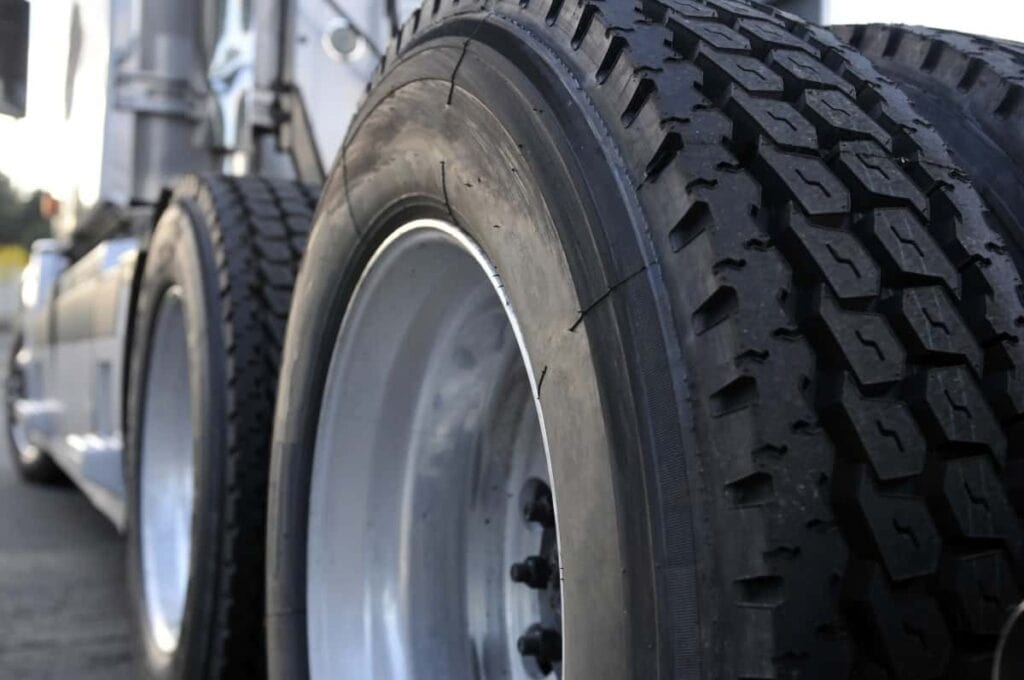
Are your tires ready for inspection? If not, you could face some hefty fees this month.
The Commercial Vehicle Safety Alliance has announced that its 2022 International Roadcheck will be held May 17 to 19. And this year, they’re focusing on wheel ends.
CVSA is a nonprofit created to improve commercial vehicle safety throughout North America. In the U.S, CVSA works with the Federal Motor Carrier Safety Administration by advocating for and enforcing FMCSA regulations.
The International Roadcheck is a 72-hour period of high-volume CSVA inspections throughout Canada, Mexico, and the United States. Trucks or drivers found to be in violation could be ticketed or pulled out of operation.
Those citations will be extra painful this year due to inflation. The FMCSA adjusts its fines for inflation every year. However, this will be the highest jump since the agency’s founding in 2000.
Before you head out this month, it’s time to take a good look at your tires.

What to Expect at the International Roadcheck
CVSA inspectors will be checking 15 different wheel end items. You can see the full list here. Of these items, nine relate to your tires:
Debris Between Tires: Solid items lodged between a set of dual tires can cause damage to the interior sidewalls.

A Solid TPMS Keeps You Moving
If you want to avoid fees or being pulled out of operation, you must spot any issues before a CSVA inspector does. One of the best ways to do that is by installing a quality TPMS.
The Doran 360TM TPMS continuously monitors tire pressure and temperature data. Wireless sensors are installed on every valve stem and communicate with an in-cab display.
Our “Green Means GoodTM” at-a-glance indicator light gives drivers confirmation that all tires are properly inflated. Drivers can also see each tire position’s pressure at the push of a button. And in case of emergencies, our system has alerts for low pressure, high temperature and fast-leak events.
But a good TPMS isn’t just about spotting immediate issues like leaks or low pressure. It’s about preventing long-term damage, too.
Underinflated tires create excess friction. That increases wear on your tires, which leads to tread separation and internal breakdowns and even blowouts. Doran 360TM TPMS alerts you to low pressure as it’s happening so you can safely pull off and refill your tires.
A variety of issues can lead to high tire temperatures at the wheel end. Doran 360TM TPMS provides an early notice before tires reach critical temperatures that can cause tire fires. With localized data, it’s easy to find and fix problem areas.
Pass Your CSVA Inspection with Doran TPMS
We’d love to help you get your trucks ready for every CSVA inspection you have throughout the year. Send us a message to learn more about Doran’s TPMS solutions today!
